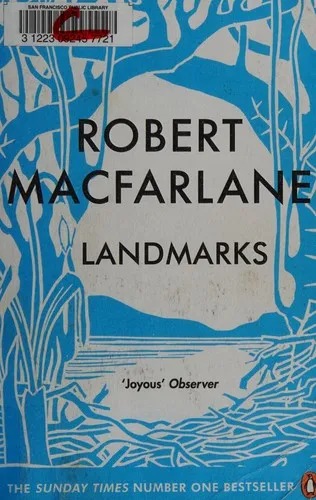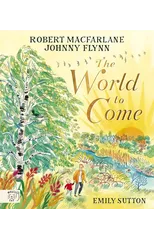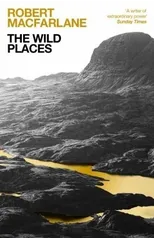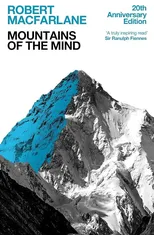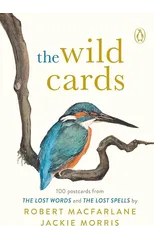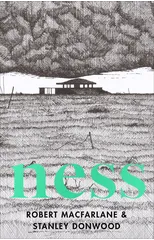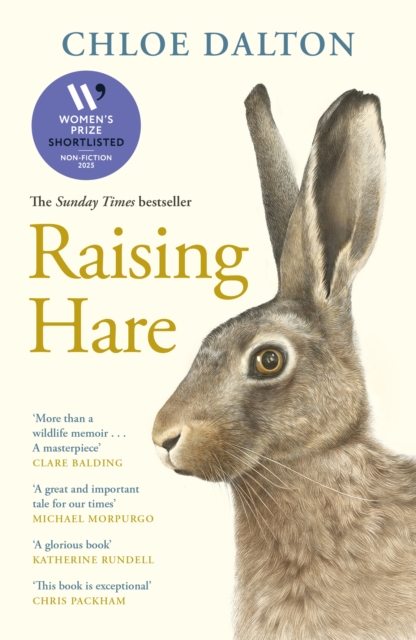From Robert Macfarlane, the acclaimed author of The Old Ways and Underland—a celebration of the language of landscape and the power of words to shape our sense of place For years now, the British writer Robert Macfarlane has been collecting place-words: terms for aspects of landscape, nature, and weather, drawn from dozens of languages and dialects of the British Isles. In this, his fifth book, Macfarlane brilliantly explores the linguistic and literary terrain of the British archipelago, from the Shetlands to Cornwall and from Cumbria to Suffolk, offering themed glossaries of hundreds of these rare, deeply local, poetical terms, organized by such geographical terrains as flatlands, uplands, waterlands, coastlands, woodlands, and underlands. Interspersed with this archive of place words are biographical essays in which Macfarlane writes of his favorite authors who have paid close attention to the natural world and who embody in their own work the huge richness of place language—from Barry Lopez and John Muir to Nan Shepard, J. A. Baker, and Roger Deakin. Landmarks is a book about the power of language and how it can become a way to know and love landscape, from a writer acclaimed for his own precision of utterance and distinctive, lyrical voice.
Robert Macfarlane
Robert Macfarlane is a British writer known for his work in the genre of nature writing and landscape literature. His writing often explores the relationships between nature, language, and culture, and he is known for his lyrical prose and vivid descriptions of the natural world.
Macfarlane's most notable works include "Mountains of the Mind," "The Wild Places," and "The Old Ways." These books have been praised for their evocative descriptions of landscapes and their exploration of the human connection to the natural world.
Macfarlane's contributions to literature include his ability to inspire readers to see the world around them in new ways, to appreciate the beauty of the natural world, and to reflect on the ways in which landscapes shape our identities and experiences. His work has had a significant impact on the genre of nature writing, and he is widely regarded as one of the leading voices in this field.
One of Macfarlane's most famous works is "The Old Ways," in which he explores the ancient paths and routes that crisscross the British landscape, reflecting on the ways in which these paths connect us to the past and shape our sense of place in the world.
